
The Rock is such a smooooth operator and all-round swell guy that he doesn’t mind being called Vin Diesel. Not only does he seem to be cool with being referred to as a completely different person, which you might think would be enough to send most celebrities into an inescapable fit of ape-shitting, but he doesn’t even break his genial repartee for more than half a second when confronted with such a case of Chris Rock/Chris Tucker Syndrome (formerly known as Paxton-Pullman Dysmorphia).
Bear witness to that and so much more below, for I have recently sat down with The Rock in anticipation of the September 15th release of his latest, GRIDIRON GANG, a true story based on the actions (and documentary) of a man named Sean Porter, who began a football program in a youth prison in hopes to reach out to its inmates…

So how did the script come to you?
TR: The script came to me… I sat down with Neal Moritz, producer of the movie, and he gave me the documentary, as well as the script. He said, “The only thing I ask you is that you watch the documentary first before you read the script.” And I watched it that night and I was moved to say the least.
How long ago did [the putting together of a football team as portrayed in the movie] happen?
TR: It happened in ’91 and it’s ongoing, so he started a tradition. And Neal would tell me “I have this project that I held on to for a long time now for many reasons. Number one, I don’t feel I’ve found the right actor to portray this in a reality sense, and the guy who you would be portraying if you decide to do the movie is still alive… and number two, there’s just been a lot of football movies that happened since ’91.” So it’s been around for some time.
Did doing the movie inspire you to do something with kids yourself?
TR: Well, you know, I work a lot with young kids, whether it be young, underprivileged kids, After School All Stars, my own foundation…what this movie did, it just reaffirmed a feeling I had, it’s just so nice to see that there are people out there who really, really, care. A guy like Sean Porter who is in a thankless job, he’s a selfless guy, he still works to this day, out of prison, four kids, probation officer, who just really wanted to change lives and really, really, really cared. It’s motivating to see that type of person.
Often times in football, you’ll find a coach will motivate by kind of knocking kids down. When you read the story and you saw the documentary, did you relive any of your days as a peewee football player?
TR: Um, yeah. I’m fortunate that one of the reasons why I was moved by the material was that I had my own Sean Porter. By the time I was fourteen I was arrested six times, by the time I was seventeen it was nine. But I had a guy, he was my arresting officer, and he said basically, “You’re going to stop effing up right now and you’re gonna go out and go play football.” So I had that guy who cared about me in my life… you know, I played football for ten years, from 14 to 24, and you realize the valuable tool that coaches have is to be teachers…

Sean Porter as seen in the movies and Sean Porter as seen in real life.
On the set of DOOM last year, everyone was very excited. Can you give any inkling as to what happened with the film, how it ended up not being as good as everyone wanted it to be?
TR: Uuuum… Let me think [laughter]. Well, I think it’s a matter of conjecture… it’s “not as good as everyone wanted it to be.” You know, I think that movie was almost as good as it could have been. You know what I mean? We all set out to make a movie that was going to cater to the fans of the video game. That was it, and it was just that myopic in view. It wasn’t like we wanted to cater to kids or to women. It was straight to the fans of the video game. And as long as the majority of them were happy? The big fans of Doom? That was it. Now, if it had a chance to crossover and other people liked it than great, but if not…
Hollywood has an interesting history of portraying young black urban men on screen. What do you think about the way these urban kids are represented in this film?
TR: I think it’s great. And it’s true. And it’s real. This is their life and this is the way they live. We got a couple kids in the movie who were from Watts, South Central – never acted, ever. Came onto the set terrified, petrified. They had no idea what this world was now, this is Hollywood. And, all of a sudden, just like that, they’re on a set. Phil Joanou, the director, just said “Listen, you’re living the life of [these characters], it’s you. So just have it come from here.” It was important. It was important to shoot at the prison with the kids, with a 130 inmates there, watching us every single day, and it was important to get it right. It was important for me to get Sean right, his empathy that he has for the kids, his desire. What was really motivating was to see the 130 kids watching us make a movie basically about them and to see them get motivated, to see that it’s not B.S., this did happen, these kids did change their lives around, these kids are you now.

You say that this program has been going since ’91 and you hear a lot of people say that, “Well, so many of these films come out.” But still, the problems exist. So what next?
TR: Well, I think we continue to do what we do. We just care, number one. And a lot of these kids, for example, they were kids who got out of the prison, when they got out nobody was coming to pick them up. And the state just put them right back in jail until they had to decide what to do with them. So it’s this vicious cycle, what they go through. And they live a life of hopelessness and failure. But, at the same time, this program changed lives, like a lot of the programs implemented in these youth prisons. You know, that’s what sports does, too. As a former athlete, I can attest to that. Like I know what it did for me. It taught me hard work and discipline and dealing with failure.
You played for the Hurricanes, you played at the championship level, was there any point during the making of the movie that you thought, “You know what, this is not the way I saw it when I played.” Does it accurately represent the experience?
TR: Oh yeah. Well, from a shooting perspective I knew that were going to be cool because Phil is such a big fan of the NFL, we had the NFL camera, guys come in and shoot NFL style, multiple cameras. But as far as the grittiness of what football is, that is what it is, and not that only that but what football does – it teaches you camaraderie, teamwork. I thought they were on point. And, yeah, it reminded me of what it was for me. Back then, at fourteen. Really not caring, having no respect for authority, certainly not for myself. Uum, no money involved [laughs].
What do you miss most about your football playing days?
TR: The camaraderie with the guys. Yeah, I played with a lot of good players – Warren Sapp, Ray Lewis, just to name a couple. I miss that. And I can tell you – I have some really, really good professors at Miami and they always get pissed when I say this – I couldn’t tell you like 35 things, probably, that I remember out of their classes. But I do remember sacrifice, getting up at 5 AM and practicing for two hours before we went to class and then going to class, trying to apply yourself, become a better student, things like that.

In the Rocker room.
A lot of your previous movies have been action movies or comedies or both. This is pretty much your first dramatic role. Is that one of the reasons you wanted to do this?
TR: Yeah, you know, it’s a story that was great. I love doing action movies when a great action script comes along…uh, not DOOM [laughter]… no DOOM 2, not for me. But [with GRIDIRON GANG] it’s just the material and it’s very great. I thought it was awesome.
Did you think you might not be able to do it when you were reading the script? Were you thinking, “Well, there’s a lot of emotional scenes”…?
TR: Well, I just wanted to be prepared. Just be prepared, number one. And number two was just to make sure that I did right by Sean Porter, who is a guy who is very astute is keenly aware and aware of what he does, not interested in the fanfare of Hollywood, very big supporter of the movie. But, at the same time, he’s a real hero and he inspires a lot of kids. So I just wanted to make sure that that had a responsibility seen through, you know? I hope so.
Richard Kelly had a really hard time at Cannes with SOUTHLAND TALES…
TR: We all did [laughter]. But no, you’re right. Him… more.
He took a beating. What do you think of that… and have you seen the finished film?

The Rock in Kelly’s SOUTHLAND TALES
TR: Yeah, um… I thought so. It felt a little personal to me. You know, considering we’re all in the business together and love movies, it’s tough to make movies, you know what I mean? It’s like different flavors of ice cream; everybody wants some chocolate, vanilla, whatever. But some of the reviews I read were, like, it felt personal, like wow, I wonder…did something happen? [laughter] Why all that anger? It’s a movie! You know what I mean? Why, I’m not too sure. I know that [Kelly] is in the editing room now and… I like the movie.
What was it like working with Xzibit, your co-star?
TR: It was great, it was great. When I was shooting… DOOM [laughter]… there was a lot of time that I had. So I’d get up at 4:30 in the morning and “Pimp My Ride” was on and I’d watch it everyday. The thing that amazed me about Xzibit was… I had met him one time briefly but never saw the show. I watched the show and thought this guy has an amazing personality and he goes in there and he talks to the white grandma, the Asian, the black, the Mexican, like all these moms, grandmas, “I’m just gonna pimp your ride” and he makes them feel good, and he’s really got this infectious personality. Not afraid to smile, not afraid to laugh, joke, you know, not a guy to put on airs like “I gotta keep it real and act certain way because I’m a hip hop artist” and he was great. He was great for the kids, too. He was great for the kids who were actually in prison and he was great for the kid actors. I loved it, it was great. And I thought he did a great job in the movie.

Xzibit A: NOT afraid to smile.
How did the cast come about beside yourself? Specifically, How did they choose your mom?
TR: Just trying to find someone who looked like could be my mom [laughter].
She did look like she could be your mom.
TR: She did, right? And someone who could carry that weight as an actress, who could carry that type of weight and that type of burden of dying. And I found that out about Sean, as well. While filming the documentary his mom died.
Which kid in the film did you identify with the most?
TR: All of them. Two in particular: Junior’s character, you know, “I’m tired of being an f-up” and in the documentary that’s what he says. He says, “I’m tired of effing up and making a mess of everything and not making my parents proud”…and Kenny Bates, you know, here’s a kid who – I’m happy that Phil intercut those scenes [from the documentary] at the end where you see that this kid just cried and said, “I just want my mom to love me.” I mean, my mom loves me, I have a great relationship with my mom but that moved me, too.


Trever O’Brien as Kenny Bates and Setu Taase as Junior Palaita.
In the movie, it seemed like your character was able to relate to the kids because he came from a certain environment. Did the real Sean Porter have that same thing?
TR: He did, he related to those kids, too. Just because he was white… he still came from a broken home, had an awful relationship with his dad, related to these kids, loved the game of football, and thought, “There’s got to be a way that I can get through to these kids.” And when you see the whole documentary, it’s tough and he’s tough. And the real Kenny Bates and the real Junior Palaita came to the set and they were moved, Kenny cried… and I asked them, “Did you ever think that he was going to change your life this way?” And they said, “Never, we hated him. Hated him. But it was the greatest thing for us.”
What kind of movie are you doing next? Are you going to do another action movie?
TR: I’m doing a comedy with Disney called THE GAME PLAN, which I got hurt on, actually. And we stop shooting in September.
That’s the one where you’re a football player with a kid?
TR: I’m a quarterback in the NFL, Super Bowl-bound, and I run into a problem, which is a seven-year-old little girl who calls me Daddy.
Speaking of football, who do you like this year in the NFL?
TR: Well, I still like my Dolphins, you know. I love Miami and I think they got a shot.
I’m still waiting for HANNIBAL.
TR: Well, you’re going to have to wait forever with me because that’s Vin Diesel’s movie [laughter, shocked look from the person who made the comment]. But he’s really into it! He’d be glad to – [to his agent] you hear that? [back to us] She represents Vin, also. I know that’s his passion project.

What’s up with SPY HUNTER?
TR: Yeah, It’s the ongoing saga of SPY HUNTER. [They’re] continuing to write the script. You know, but then we have the new Bond, Mission:Impossible come out. It’s just one of those scripts that you can’t screw up, because the elements are so good. You have the Interceptor, you have a guy who chases spies, so conceptually, it’s great and you kind of want to get it right. If it’s not right, you can’t spend a hundred million dollars and get it wrong.
Is that a thing you’re looking at as a franchise?
TR: Sure, I’d love to. Why not? Who knows? Hopefully.
How far have you been with that as far as the script?
I met with the writers, you know, Stuart Beattie’s great, turned in great drafts, but it’s just a matter of everyone agreeing that this is the movie we want to make, and when you have a movie of that size, as you guys know, there’s so many people involved… if everybody’s not in agreeance and it’s not gelling, well then it just doesn’t move forward and it just hovers and stays. And we all talk about how great it’s going to be. And then you guys [the press] ask…[laughter]

Xzibit B
What are the chances of you ever getting back in the ring again? Do you ever see that happening?
TR No, I don’t think so, you know? That chapter closed a couple years ago. I was fortunate, I had a really fortunate career but it’s time for me to move on. And when you commit yourself to a movie and you commit yourself to a studio, it’s full-on commitment. It’s pre-production, it’s shooting, it’s post, it’s this, it’s press…
The worst part [laughter].
TR: This is the easy part!
We were talking about football movies before and there are a lot of them. Do you have a couple favorites?
TR: Um, NORTH DALLAS FORTY, REMEMBER THE TITANS and, FRIDAY NIGHT LIGHTS, great, [from] Peter Berg. Um, GRIDIRON GANG included [laughter].
Do you think you’ll do another movie with Peter [as a follow-up to THE RUNDOWN]?
TR: I’d love to, yeah, we talk about it all the time. I love Peter, he’s great. He’s doing a good movie right now with Jamie Foxx, THE KINGDOM.


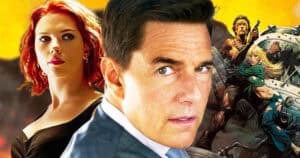
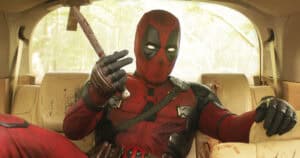
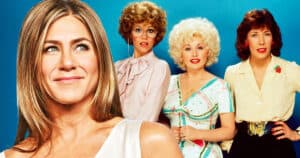
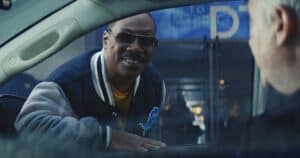
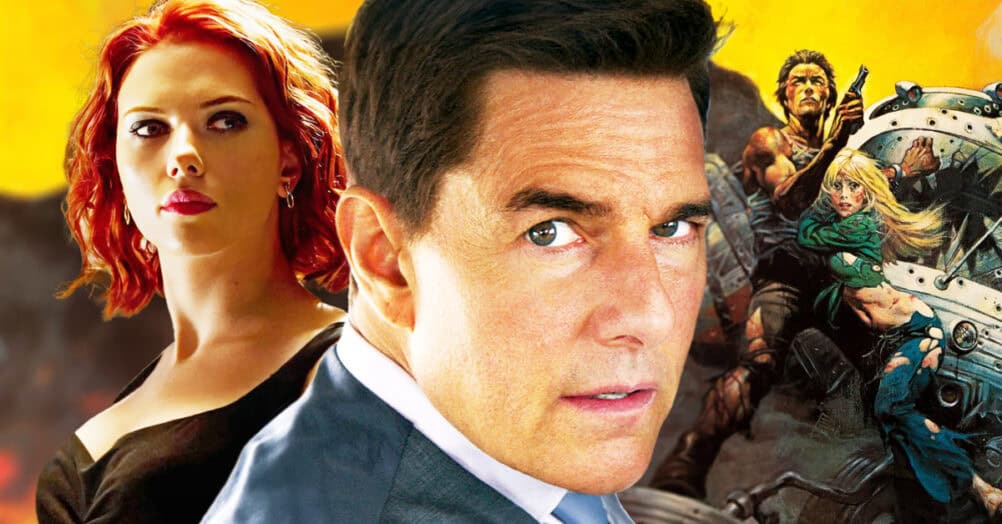
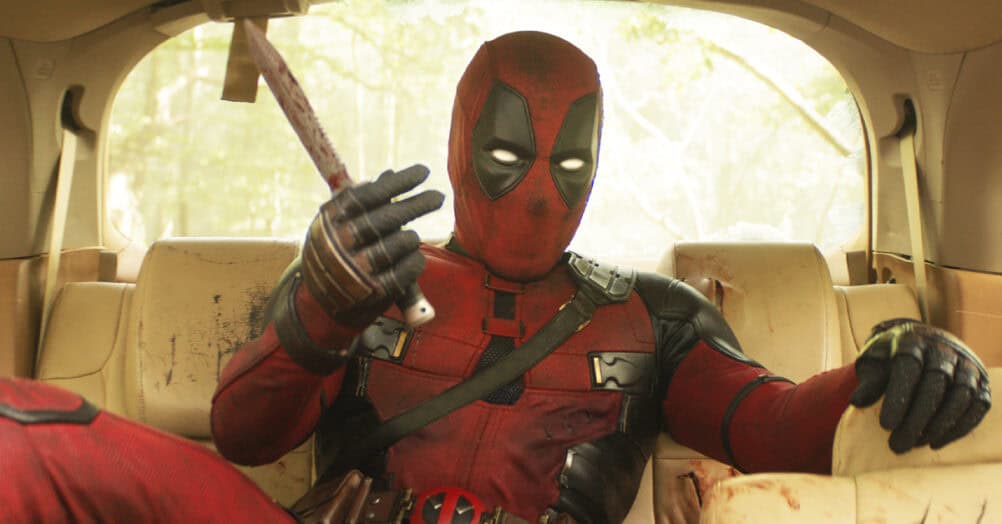

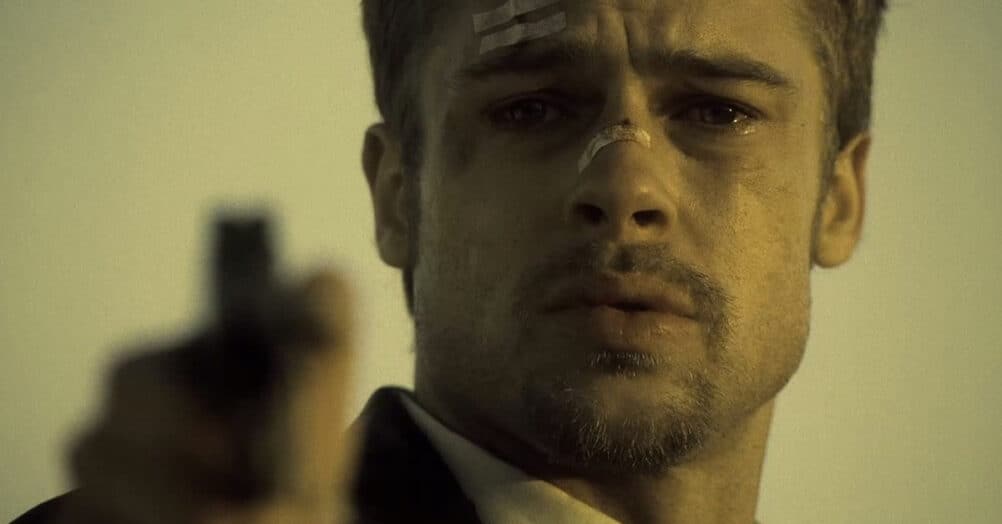
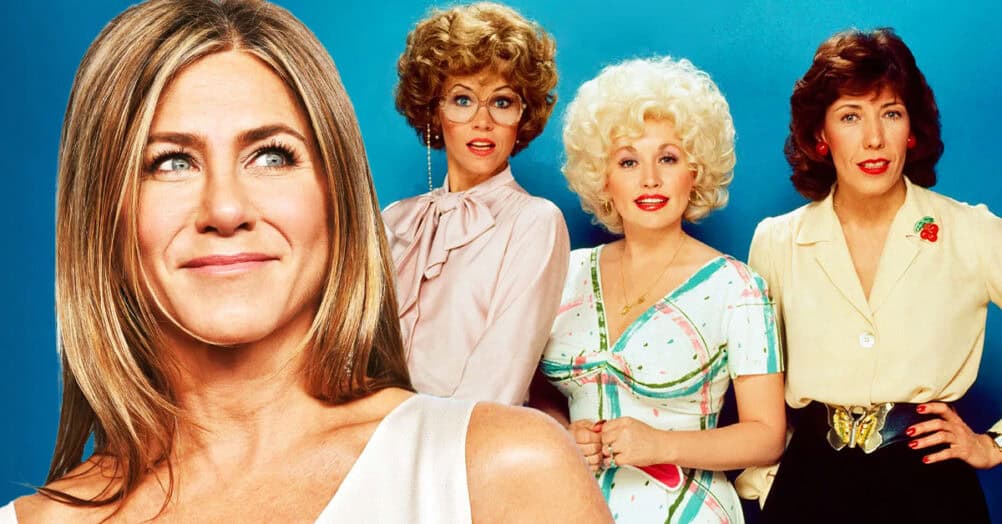
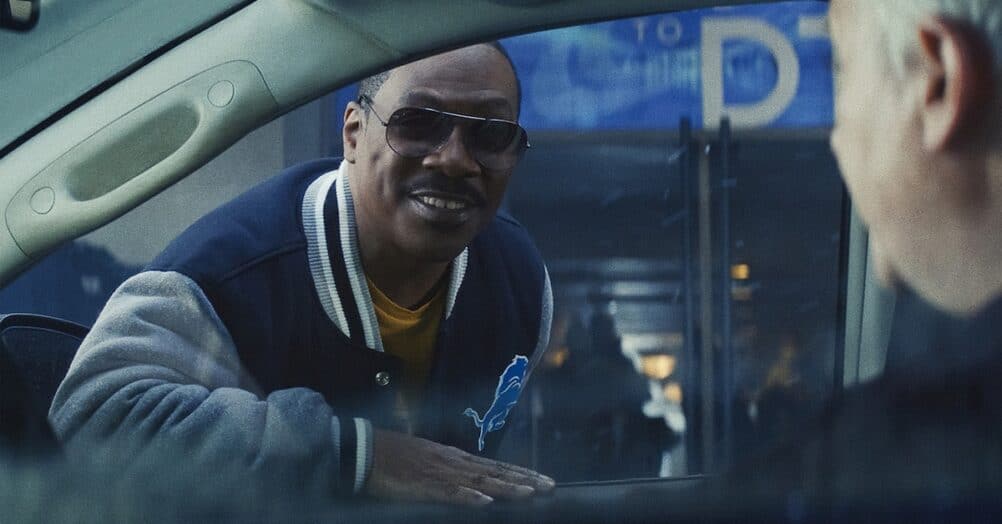
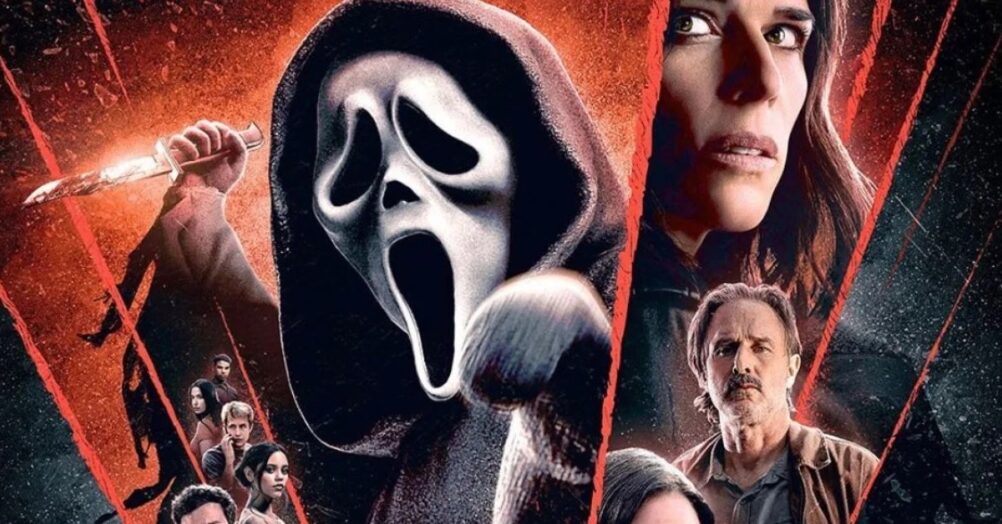
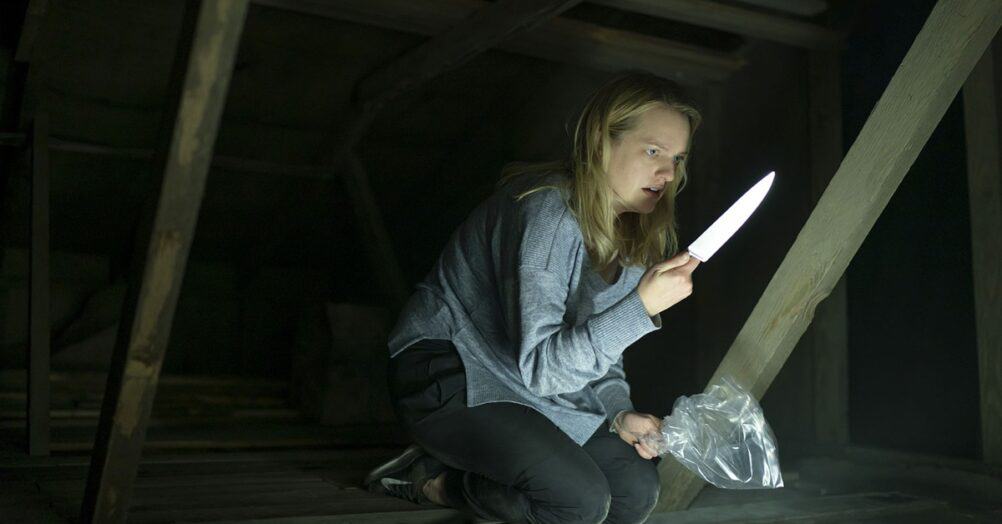
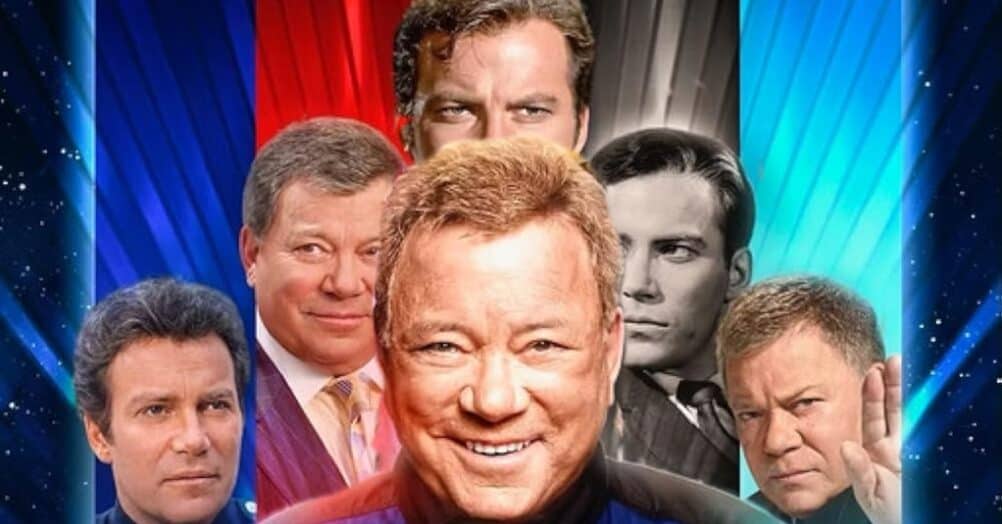

Follow the JOBLO MOVIE NETWORK
Follow us on YOUTUBE
Follow ARROW IN THE HEAD
Follow AITH on YOUTUBE